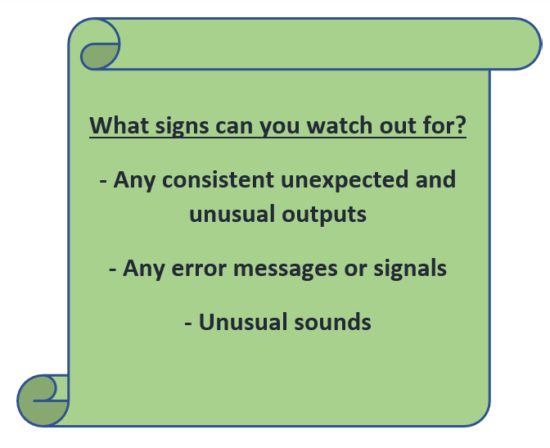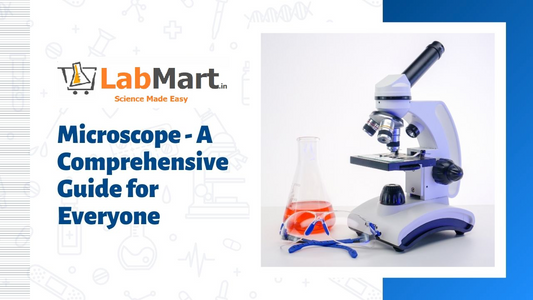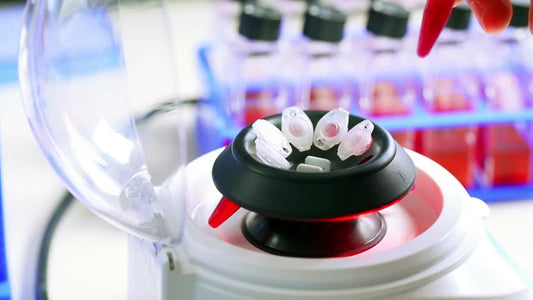How to maintain your laboratory instruments
On a daily basis, an average laboratory uses several equipment and instruments to perform various analyses, research, and production. Let’s consider a research laboratory working in the field of biology. This laboratory would be routinely using centrifuges, deep freezers, electronic pipettes, laminar air flows, hot air ovens, and weighing balances. Apart from these, some laboratories may also use more specialized equipment like PCR machines, gel analyzers, chromatography systems, colorimeters, and several others. These instruments are the backbone of research and analysis. Their functioning is crucial to the laboratory and it is of utmost importance to ensure that the equipment is working without any glitches. Since most of the laboratory equipment is quite expensive, replacement is almost never an option. Hence, it is very important for every laboratory to maintain its equipment in such a manner that it incurs minimum damage. Here we shall discuss a few tips on how to prevent damage to instruments and what laboratories must do to allow smoother functioning over extended periods of time.
Firstly, it is important to understand any instrument that is being used in a laboratory. Laboratory managers and heads must ensure that all users of an instrument must know how the instrument works, what to expect when the instrument functions normally, what signs to look out for in case there is any suspected malfunction.
Users must make it a point to read the product manual and understand the required safety measures to be followed while handling the instrument. The manual may also have valuable information on instrument cleaning and maintenance. In case there is any difficulty in understanding the instructions, users must not hesitate to contact technicians for help.
In the case of specialized equipment like mass spectrophotometers, electron microscopes, etc., users must undergo special training in their operation and maintenance.
Cleanliness is an often-overlooked factor in the maintenance of laboratory instruments. Given the nature of the work being done in laboratories, some spills are unavoidable. Some of these chemicals may be corrosive in nature and can cause long-lasting damage to instruments. Hence it is important to ensure that all spills be cleared immediately with appropriate cleaning agents. Also, even after normal usage, the instruments and the area around them must be cleaned well.
It is also important to prevent overcrowding of laboratory surfaces. Laboratory equipment often needs good ventilation to facilitate cooling. If these instruments are placed close together without much air-flow, it may cause severe damage. Hence, laboratory spaces must be well-planned and instruments must be assigned designated spaces.
Communication is the key. Laboratory managers must ensure that there are communication channels in place for reporting any suspected malfunctions in equipment. The earlier any problem is recognized and reported, the quicker action can be taken to avoid any further damage to instrument.
Periodic checks on the functioning of instruments can go a long way in preventing potential malfunction. These checks must be ideally done every day and can include simple activities like checking for any error messages or any physical damage. Apart from these, more elaborate routine checks must be done at regular intervals, including calibrations. In most cases, such procedures are performed by instrument technicians. Laboratory members must ensure that these checks are performed on time and are not delayed or skipped.
The crux of instrument maintenance lies in all members of the laboratory taking equal care and responsibility towards the proper management of instruments. Small steps towards proper handling can prevent any possible damage and subsequent loss of valuable research time and money.







